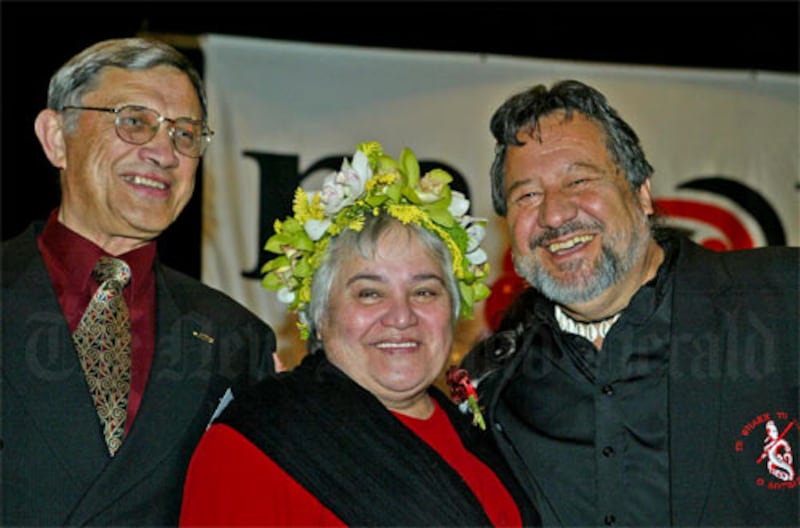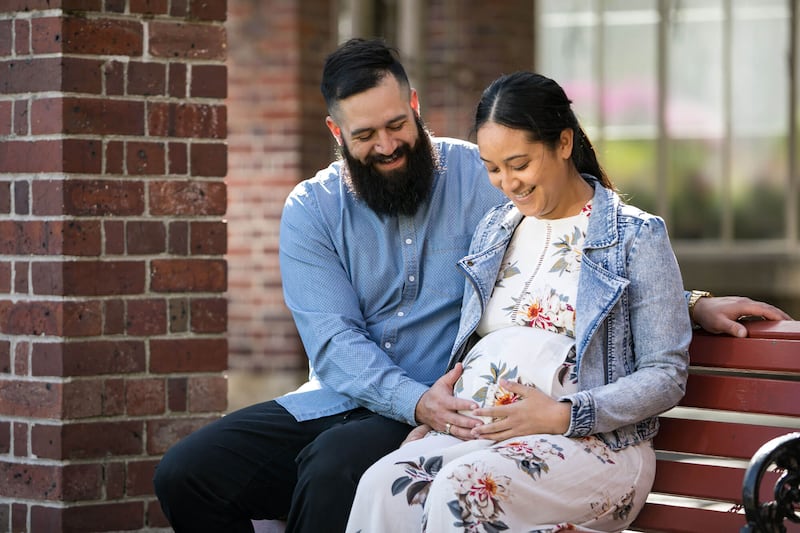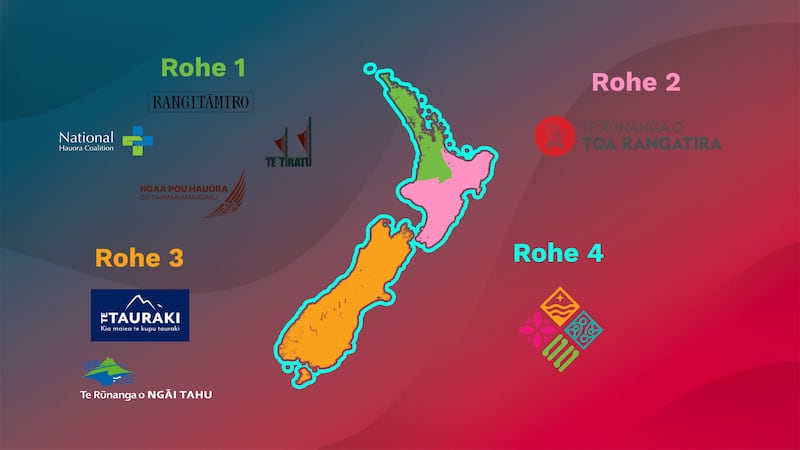The newly established Whānau Ora Commissioning Agency, Rangitāmiro, has announced its inaugural board of directors and the appointment of its first chair.
Rangitāmiro spans the region from Taupō to Te Tai Tokerau and brings together three Crown-established Iwi-Māori Partnership Boards (IMPBs) and charitable trusts: the National Hauora Coalition, Te Tiratū, and Ngaa Pou Hauora o Taamaki Makaurau.
Eru Lyndon (Ngāpuhi, Ngāti Hine, Ngāti Kahu, Ngāti Wai, Ngāti Whātua and Ngāti Toa) has been named chair of the board. Lyndon brings extensive governance experience, including being chair of Waitangi Limited and having board roles with the National Hauora Coalition, The Selwyn Foundation, and the University of Auckland Business School.

“It is a privilege to take up this role at such a significant time. Rangitāmiro stands on the shoulders of those who have paved the way over the last decade. We honour that legacy and will carry it forward with integrity, purpose, and a focus on impact.”
Dr Rachel Brown, a new board member and chief executive of the National Hauora Coalition, also acknowledged the legacy of the late Kahurangi Tariana Turia, founder of Whānau Ora.
“It’s an honour and a privilege to be a part of the board that’s going to help lead and shape that, alongside whānau and take direction from whānau,” she said.
Focus on Māori Health Outcomes
Following a recent review of Whānau Ora agencies earlier this year, the new structure has opened doors for Primary Health Organisations (PHOs) and IMPBs to collaborate more closely.
Rangitāmiro’s board reflects a renewed strategy aiming to reach further into communities with unmet health needs.

The appointed board members are:
- Dr Rachel Brown (Te Ātiawa ki Wharekauri, Kāi Tahu), CEO of the National Hauora Coalition
- Dr Mataroria Lyndon (Ngāti Hine, Ngāti Wai, Ngāti Whātua, Waikato), Co-Founder and Director of Population Health & Equity at Tend Health
- Shelley Katae (Te Rarawa, Ngāti Porou), Chief Executive of Tāmaki Regeneration
- Karen Wilson (Te Ākitai Waiohua, Ngāti Te Ata, Ngāti Pikiao), Chair of Te Ākitai Waiohua Settlement Trust
The Rangitāmiro board will oversee Region 1, which includes Te Tai Tokerau, Tāmaki Makaurau, Waikato, Hauraki, and Tūwharetoa. Dr Brown said the approach would be whānau-led and grounded in the kaupapa of Whānau Ora.
“The kaupapa is whānau, it’s not about one provider, it’s not about one area alone, so we’re doing this as a collective. People are joining up with us, supporting the kaupapa, and that’s how we’re going to get our reach,” she said.
Dr Mataroria Lyndon says Rangitāmiro is looking to the need of improving service accessibility.
“We hear sometimes in the hauora-health system space of kōrero that whānau are hard to reach. It’s not whānau that are hard to reach, it’s the services that are hard to reach. So, we need to be taking out these services into communities to be where they are and to serve them in those spaces,” he said.
Looking Ahead: A Vision for Whānau Ora 2.0
Rangitāmiro is part of a new commissioning model, Whānau Ora 2.0, which will be rolled out across four regions:
- Region 1: Rangitāmiro – Taupō to Northland
- Region 2: Te Rūnanga o Toa Rangatira – Wellington to Waiariki
- Region 3: Te Tauraki – Te Waipounamu/Rakiura, Wharekauri
- Region 4: The Cause Collective – Pasifika families nationwide

The initiative continues to build on the “by Māori, for Māori” philosophy, which leaders say has proven effective.
“We’ve seen that by Māori for Māori works for everyone, we saw that during COVID, and we know that the Whānau Ora partners are not only providing that awhi and that manaaki for whānau Māori but also for their wider hapori,” said Dr Mataroria Lyndon.
The new board will be effective from 1 July. Over the next six months, members will focus on developing strategies aimed at improving health outcomes for Māori communities.
“To start really hearing the voices, privileging those voices, and taking action on what the priorities are from there. So, that’s one of the major activities in our action plan,” said Dr Brown.



